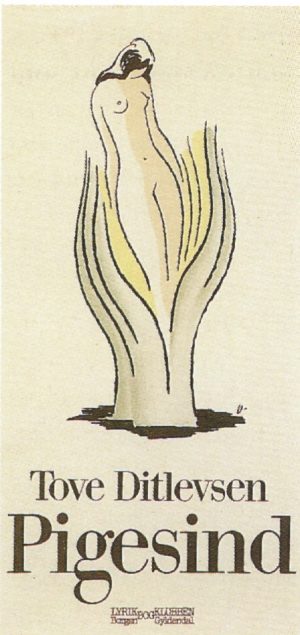With a glass in my hand, looking at the mountains,
I caress the back of my dog.
These mountains of ours
in the interior,
so familiar they are almost forgotten,
seen so much they are almost invisible,
it is not even sure that they are not
the furniture of a dream.
These sullen mountains
that become thinner,
that engross us.
Now perhaps only a manner
of the voice,
of the step,
of the gesture.
2
I like to caress them slowly following
with my eyes
their rugged lines,
while on their backs light
imperceptibly
changes from green to blue
to violet.
I like to caress them with my eyes,
as I caress
the back of my dog with my free
hand.






















